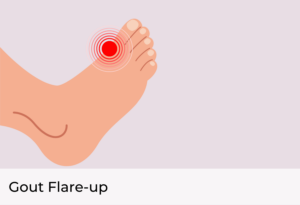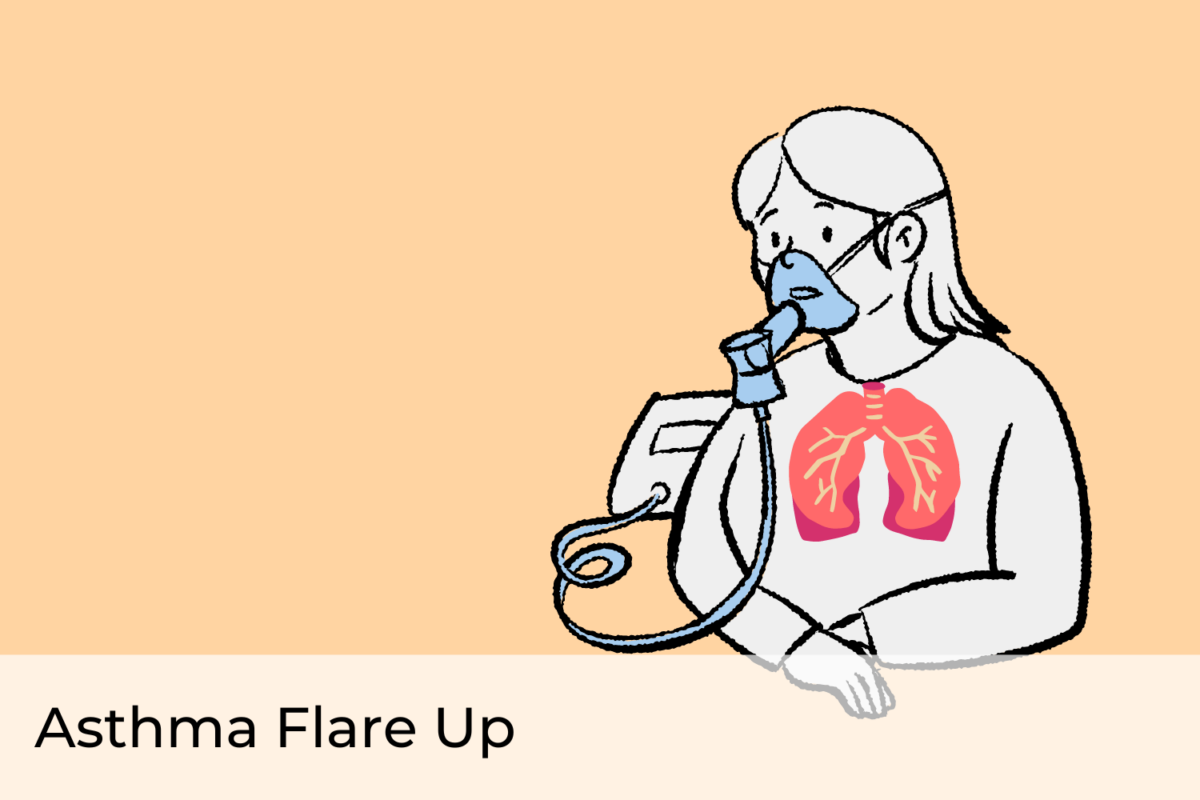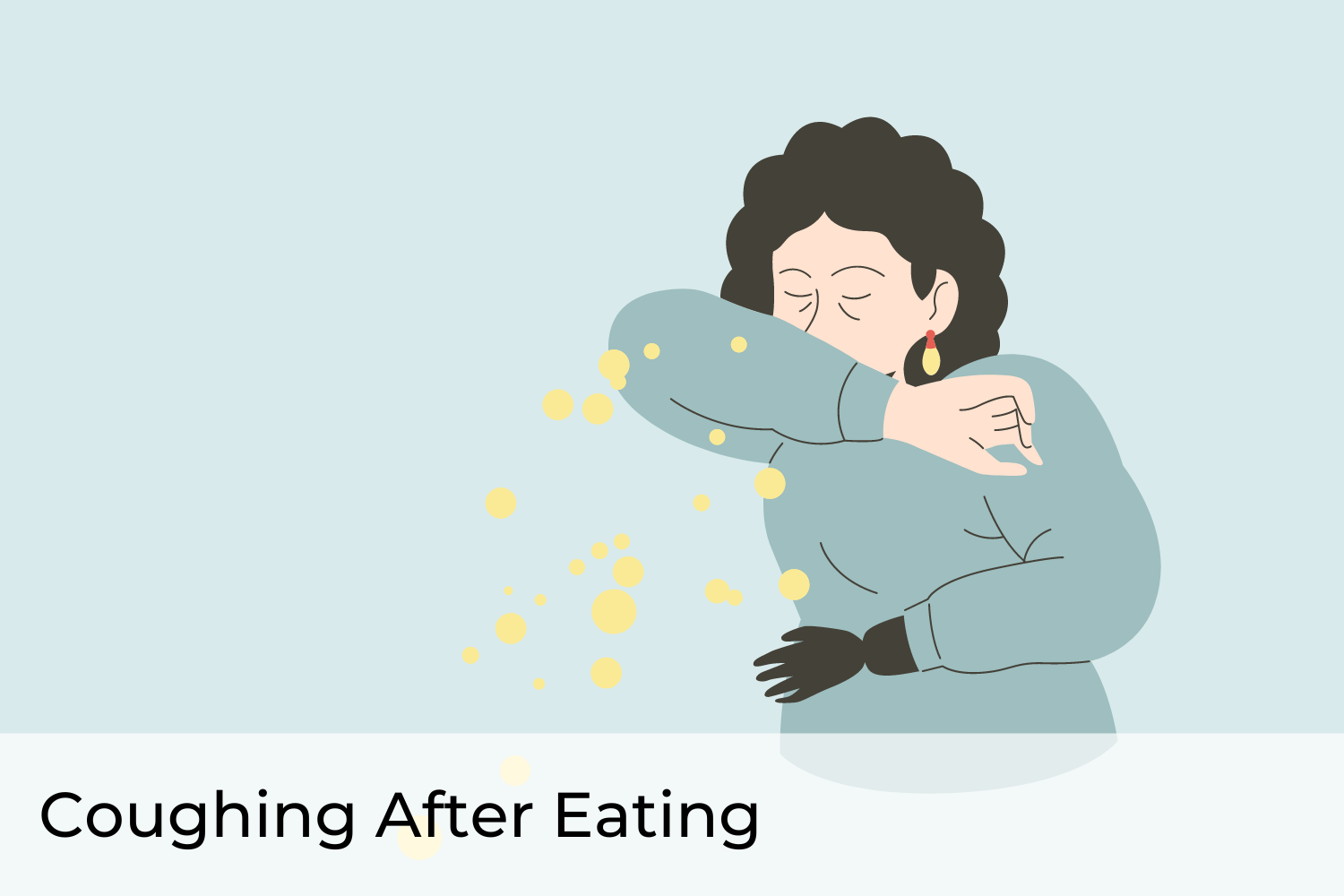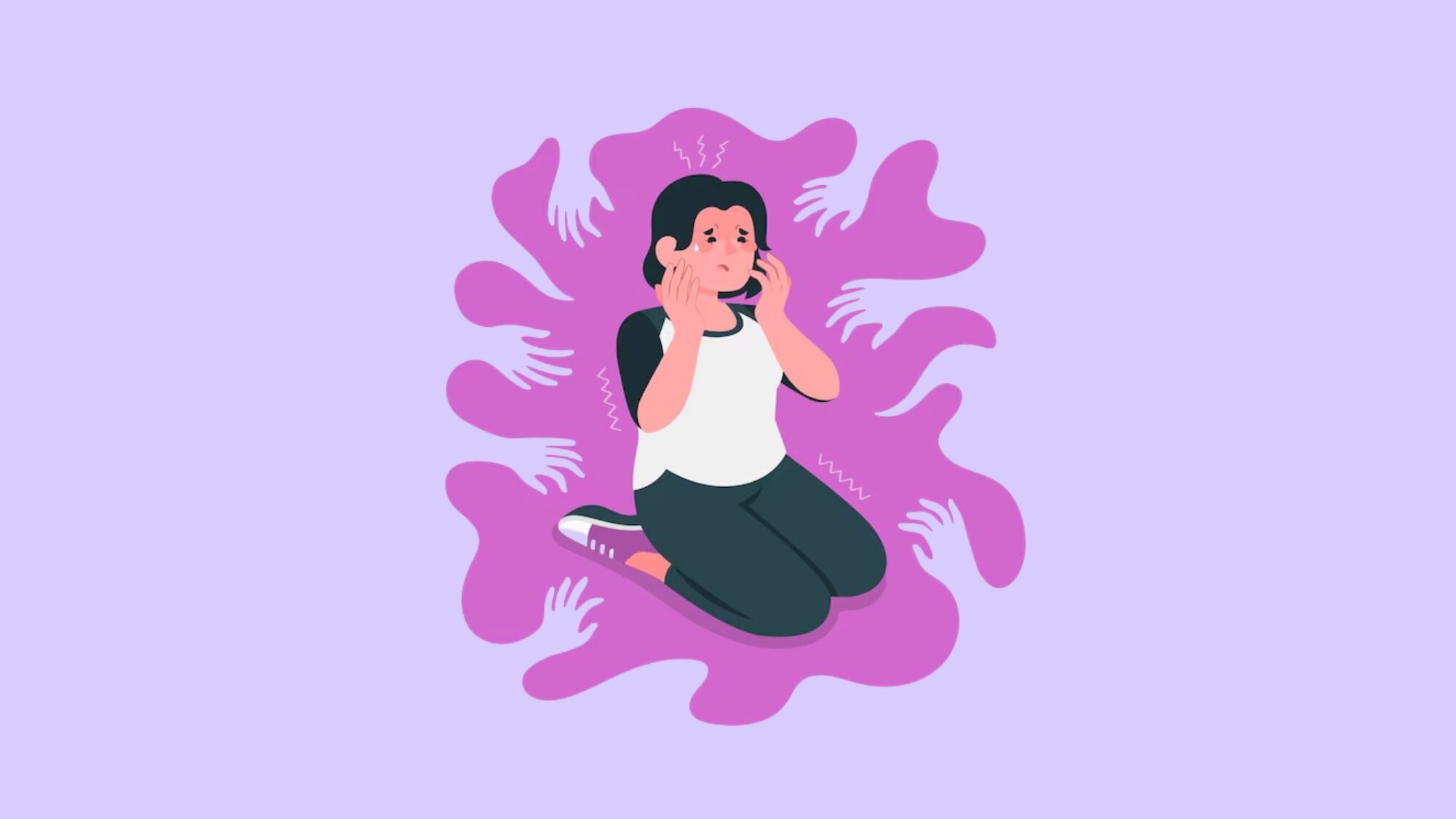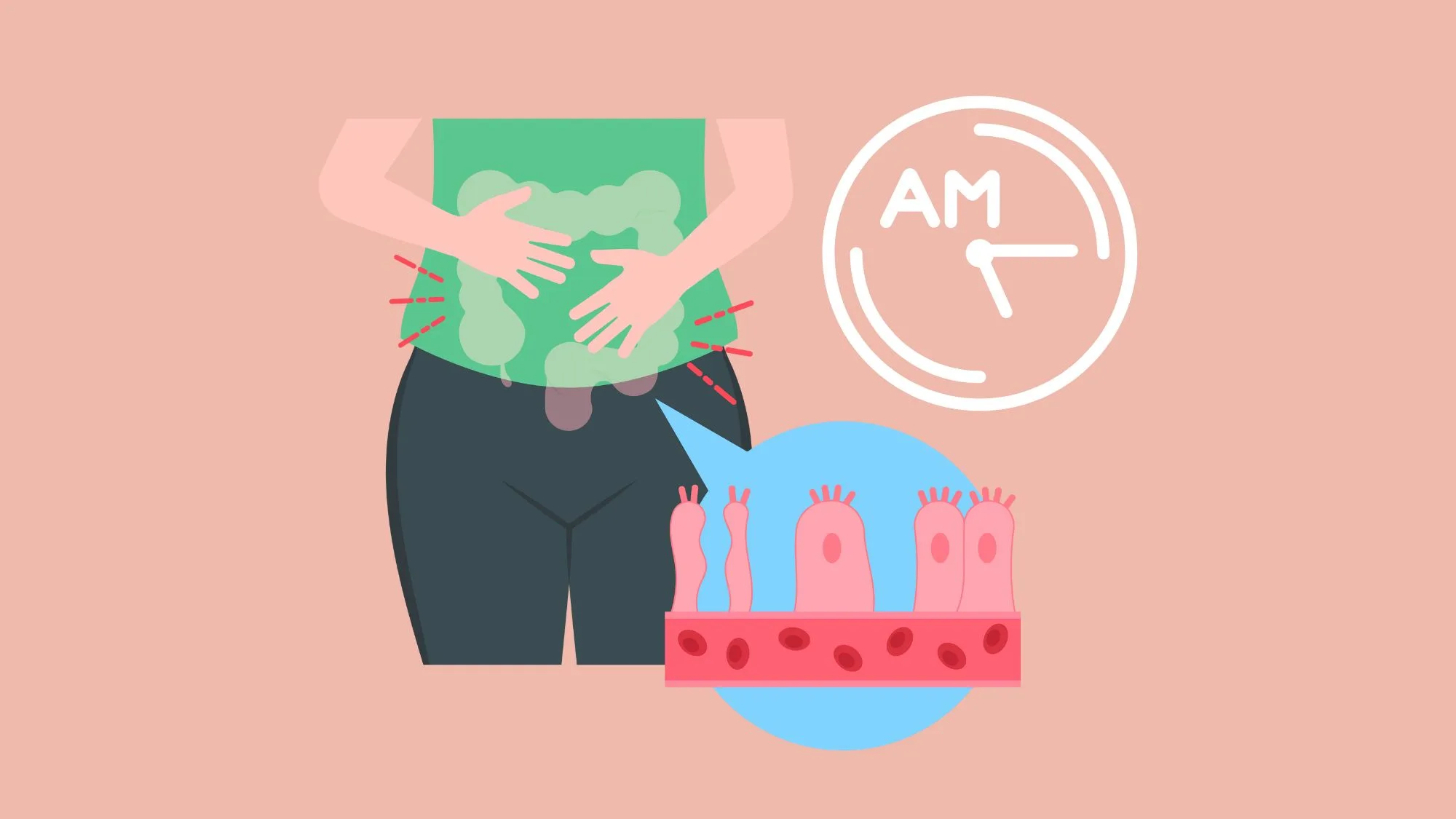Symptoms
Feeling confused by scattered information online? This hub brings together clear, doctor-reviewed guides on dozens of symptoms so you can move from worry to action in minutes. Each article breaks down what the symptom means, common triggers, and practical next steps you can try today.
Browse the topics that matter most right now, or jump to our complete symptom directory if you want the full A-to-Z list. We cover everyday concerns like headaches and joint pain along with rarer signs that deserve a closer look. Reading is only half the solution. Track what you feel, when you feel it, and what helps inside the CareClinic Symptom Tracker. Over time the app turns scattered notes into visual patterns you can share with your care team. Start exploring below. Each guide is short, practical, and written in plain language so you can make smarter health decisions fast.


